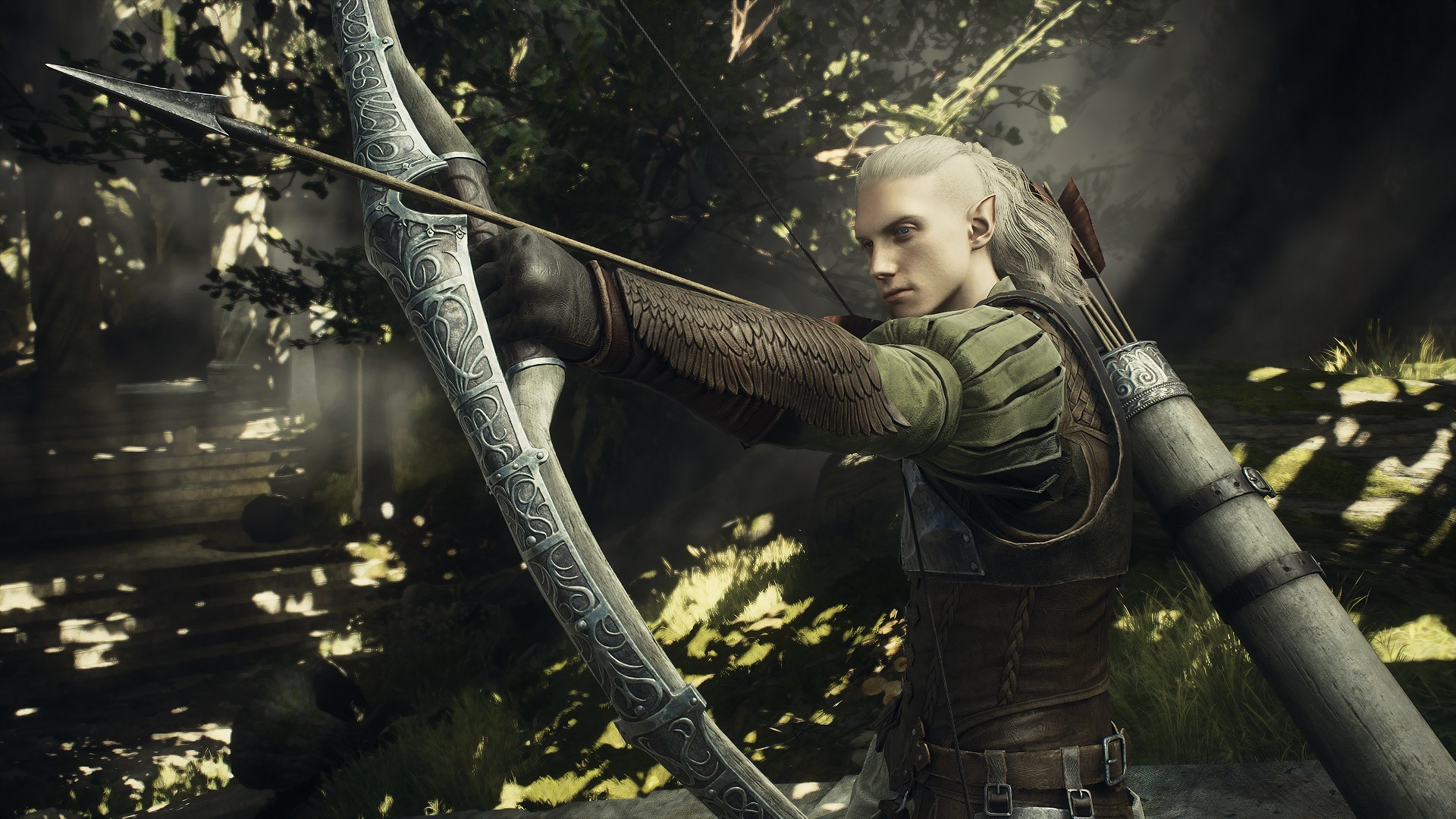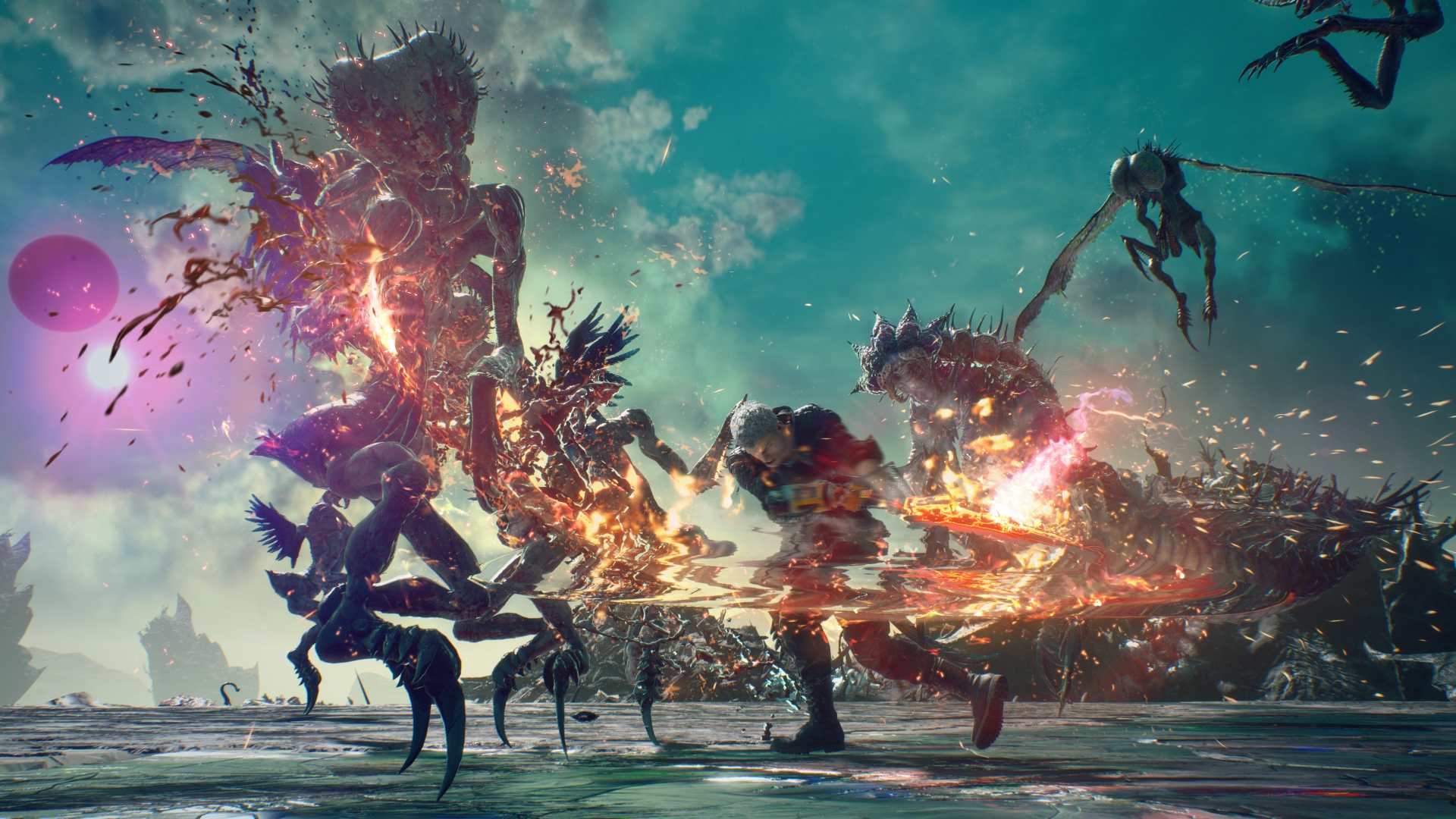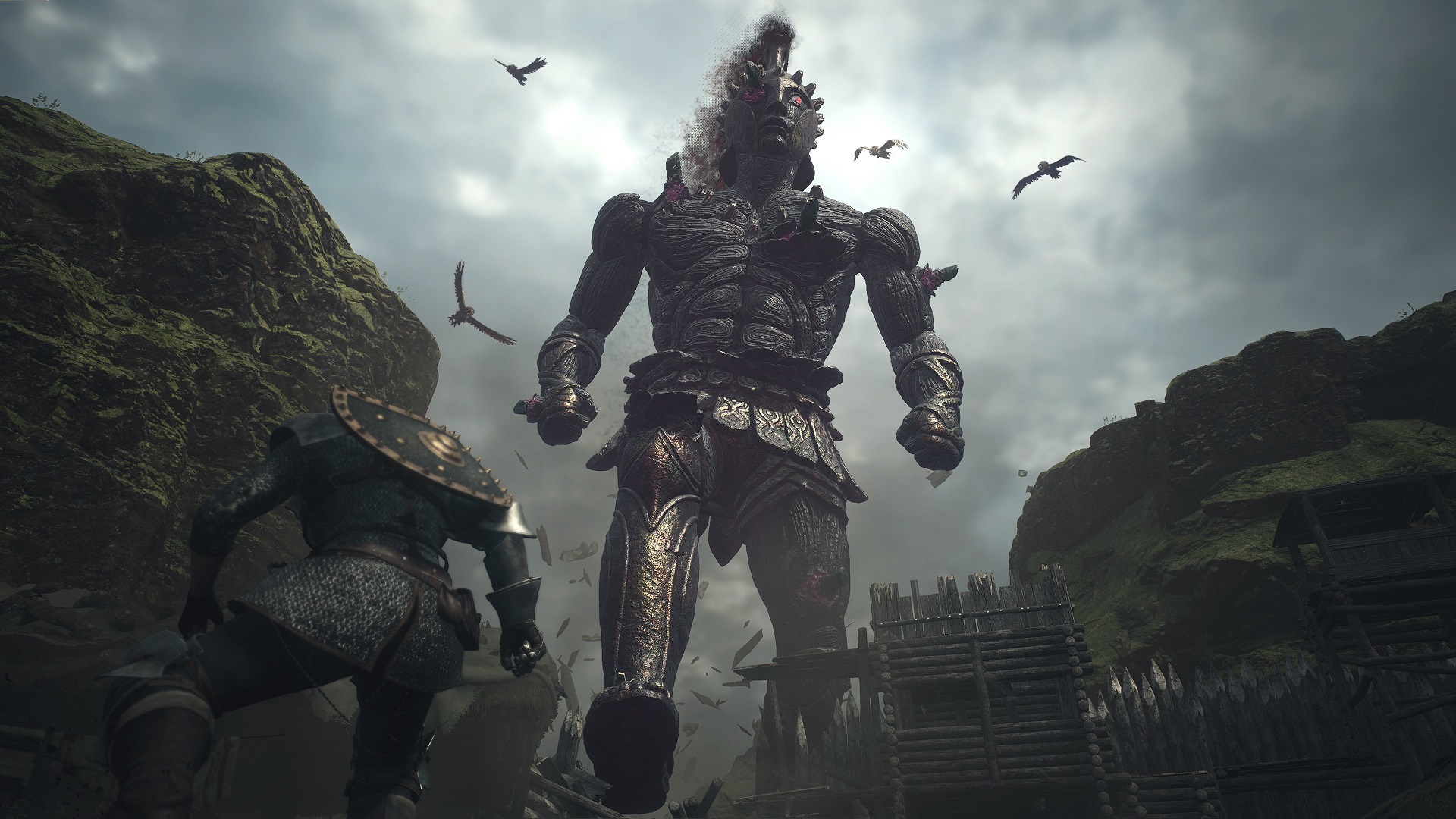
The term 'cult classic' feels less significant than it used to. That's most likely due to the sheer amount of new content and the prevalence of streaming services at our fingertips today – but Dragon's Dogma nevertheless feels like the quintessential cult classic. With its sequel finally just around the corner more than a decade after the original release, returning director Hideaki Itsuno wears that cult status as a badge of honor.
"I personally believe that a really well-made game will never go out of style with players," Itsuno tells me. Asked via an interpreter what it is about his 2012 release that has continued to pull in new players nearly 12 years later, he points to a core gameplay experience that has simply stood the test of time, referencing the "timelessness" and "fundamental high quality game design" of the likes of Super Mario World. "You just have to have faith," he explains, "and be able to make the best possible experience you can at the time." When it comes to Dragon's Dogma, he claims that "it shows, I think, that my convictions were justified in the first place with what my vision was for the game."
You can hide, but you can't run
'Vision' is an important word there, because Itsuno makes clear that the original Dragon's Dogma didn't quite live up to his intentions. The PS3 and Xbox 360 hardware that it released on couldn't handle the sheer size of the open world he wanted to make, the resulting "chunks" of the map limiting the impact of some of the game's most sprawling battles. "If you ran away from something like an ogre or a golem," he explains, "and you reached a certain point away from where he spawned, he gave up and went back because you left the area he was allowed to be in by the restrictions of where the game could load."
Now, however, "it's totally seamless, and these enemies can chase you to the ends of the world if you keep going." Monster AI is designed to keep hunting the player, genuinely seeking them out at any given opportunity. The only way to truly escape them is to hide, keeping out of sight long enough that they're forced to give up. If you can't manage that, you'll either have to rely on the open-ness of this world to recruit some impromptu help from a nearby settlement, or simply try and take them down on your own.
It might feel counterintuitive in a game filled with magic abilities and plenty of allies fighting by your side, but the sheer size of this new open world means that there's no shame in getting out of dodge. Having suffered through a battle against several enemies at once, I asked Itsuno how he kept these sprawling conflicts feeling fair: "We've designed the game so that it's always ok to run away," he tells me. "That isn't going to break the game, it isn't the wrong thing to do. It's absolutely a choice at all times."
Since 2012, Itsuno has spent much of his time not with Dragon's Dogma, but with Devil May Cry, a series on which he's left his mark three times since 2012. A "refreshing" break from the world of Dragon's Dogma, the action series is indicative of how novel its RPG counterpart's freedom really is; "it's not something like Devil May Cry, where it's a series of levels and each level is going to have enemies suitable to how far you've come in the game. Because you can freely explore, you could come across enemies that are at your level, or you could come across enemies that are way below or way above your current ability. I want to make sure everyone knows that it's designed to let you have the option of 'I'm going to stand back a little and try and attack from afar', or even 'I'm going to try and run away from the enemies and hide and get away from the fight that way'."

Towards the end of our conversation, Itsuno doubles down on that sense of freedom, in a way that reminds me of the much-lauded efforts of Baldur's Gate 3 developer Larian Studios. "What I would say would be 'trust the game'," he tells me. "We've designed it in a way that we know that [...] you're going to feel like you want to roleplay an adventurer who's really exploring this world, and not thinking on that meta level of 'can I do this? Will the game let me?'" Itsuno's answer to that question seems to be an emphatic 'yes' - "the game has been designed to understand practically anything you can do, and to have a response that's going to be fun and engaging. Try anything you want to try and then trust that the game will have something in reaction to that."
Weekly digests, tales from the communities you love, and more

I'm GamesRadar's Managing Editor for news, shaping the news strategy across the team. I started my journalistic career while getting my degree in English Literature at the University of Warwick, where I also worked as Games Editor on the student newspaper, The Boar. Since then, I've run the news sections at PCGamesN and Kotaku UK, and also regularly contributed to PC Gamer. As you might be able to tell, PC is my platform of choice, so you can regularly find me playing League of Legends or Steam's latest indie hit.



